Trending Now
Thursday, Nov, 2024
Home / IIT Bombay In Collaboration With Strathclyde University Developed Sensor To Detect COVID-19 In Wastewater
IIT Bombay In Collaboration With Strathclyde University Developed Sensor To Detect COVID-19 In Wastewater
The scientists of the Indian Institute of Technology, Bombay in collaboration with the University of Strathclyde, United Kingdom have developed a low-cost sensor..
 by Sukanya Prabhakar /
by Sukanya Prabhakar /  16 Jun 2021 12:24 PM IST /
16 Jun 2021 12:24 PM IST /  0 Comment(s) / 2785
0 Comment(s) / 2785
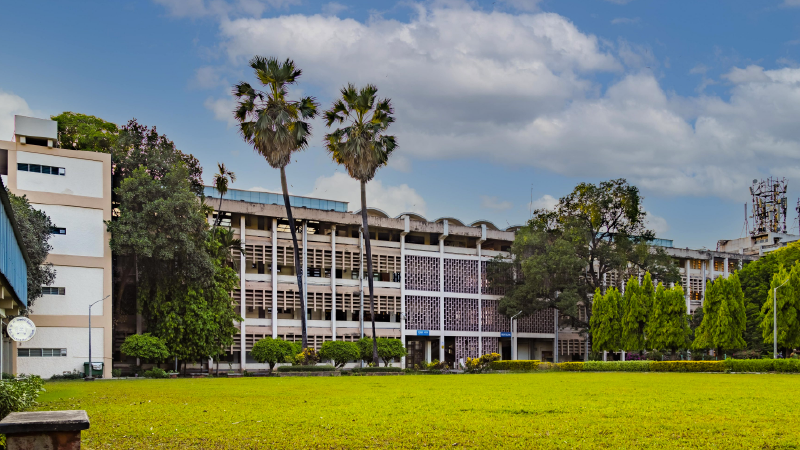
Image Courtesy : www.twitter.com/iitbombay
The scientists of the Indian Institute of Technology, Bombay in collaboration with the University of Strathclyde, United Kingdom have developed a low-cost biosensor that can detect the chunk of the COVID virus in the wastewater.
The sensor could be used to monitor the widespread COVID-19 prevalence in the underdeveloped and low to middle income countries as they struggle to carry out mass human testing. The research has also been published in the 'Sensors and Actuators B: Chemical' journal.
The portable equipment that uses the standard PCR (Polymerase Chain Reaction) test to detect the COVID virus can use the sensor without requiring the lab infrastructure and the expensive chemicals that are needed for the actual PCR tests.
The scientists have tested the sensor with wastewater collected from one of Mumbai's sewage treatment plants surging with SARS-Cov-2 RNA.
A printed circuit board electrode is used by the sensor to detect the chunks of the SARS-Cov-2 nucleic acid combined with methylene blue (an easily accessible salt used for dye and medication) and is added to the sample to process a quantifiable electrochecmical signal. The electrodes which are used for the detection are easy to clean, reusable, possess a long shelf-life and do not show any changes that could affect their capabilities.

EShort / February 16, 2024
IMS Noida Admissions 2024: Apply for UG, PG programmes

EShort / February 16, 2024
GATE 2024: Response sheet out

EShort / February 16, 2024
BSSTET 2023: Admit card released

EShort / February 16, 2024
NID DAT 2024: Prelims result released

EShort / February 16, 2024
IIT JAM 2024: Response sheet released

Jobs / February 16, 2024
UPSC Recruitment Drive 2024: Apply for 120 vacancies in various departments

EShort / February 14, 2024
UPSC CSE 2024: Official Notification issued; application process begins

Editor's Desk / April 17, 2020
How Does Society Impact Our Education?

Current Affairs / April 22, 2020
Mr. Sudarsanam Babu appointed to U.S. Science Board.
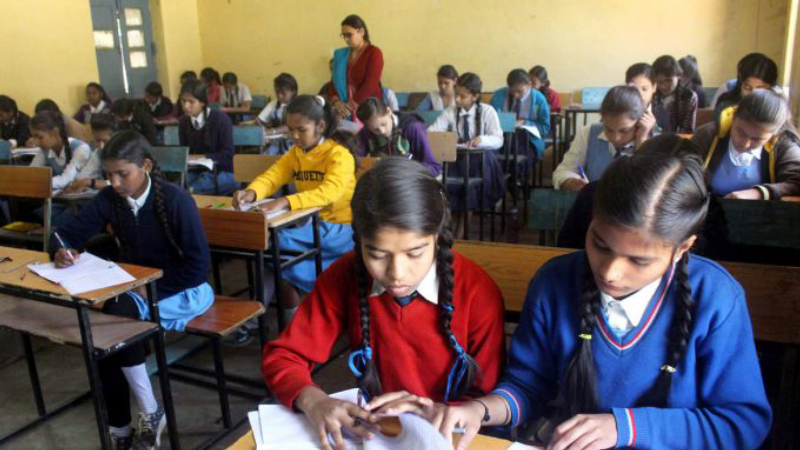
Reforms / April 17, 2020
Traditional Structure of Education In India
.jpg)
Events & Seminars / April 17, 2020
PISA!!
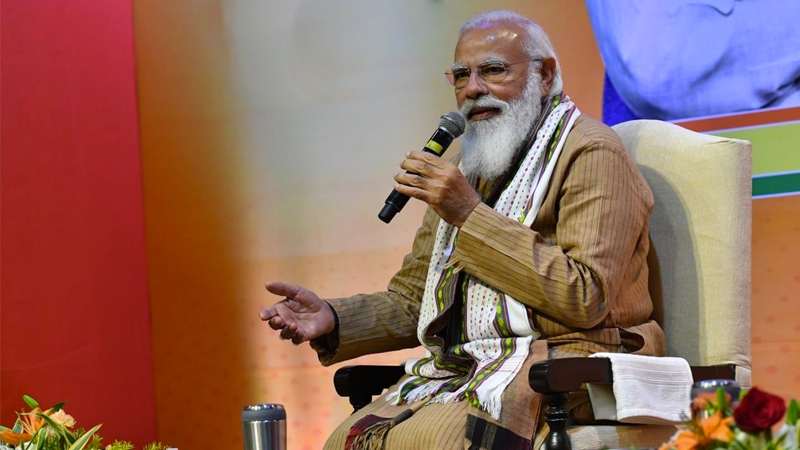
Blog / February 26, 2021
Government's Action On #ModiRojgaarDo

EShort / May 19, 2022
CUET PG 2025 has started the registration process.

Notice Board on Important Dates / April 21, 2020
World Heritage Day

News / July 08, 2021
JEE Mains Registration For Session 3: Last Date To Apply

EShort / December 14, 2021
UPSC Declared Final Result For DCIO Recruitment



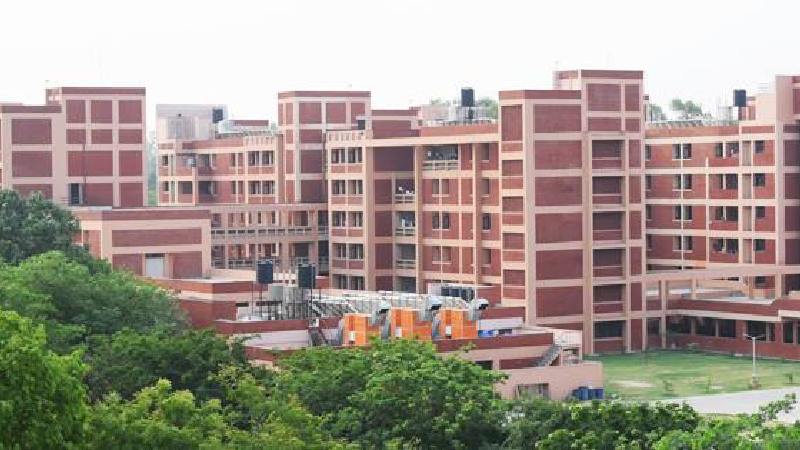
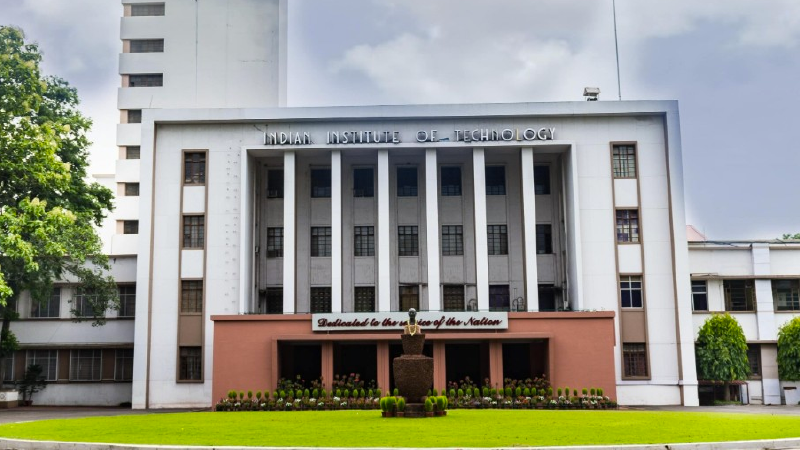


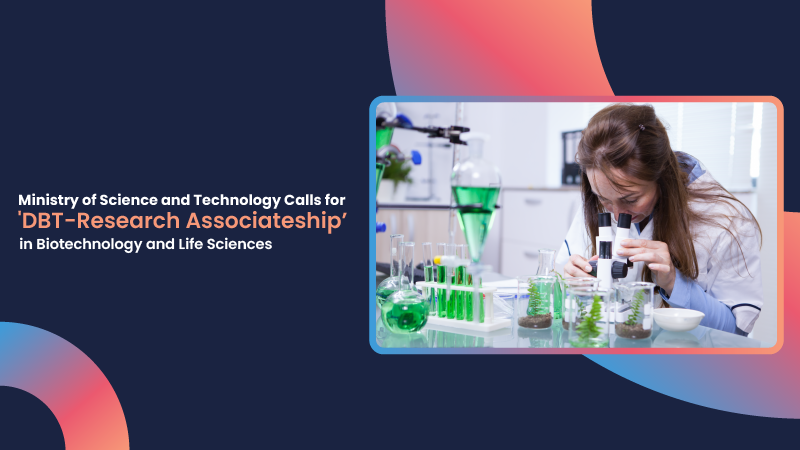




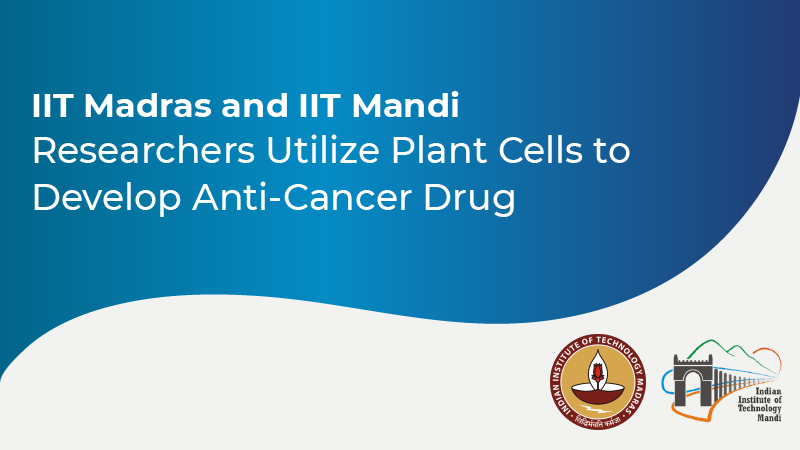
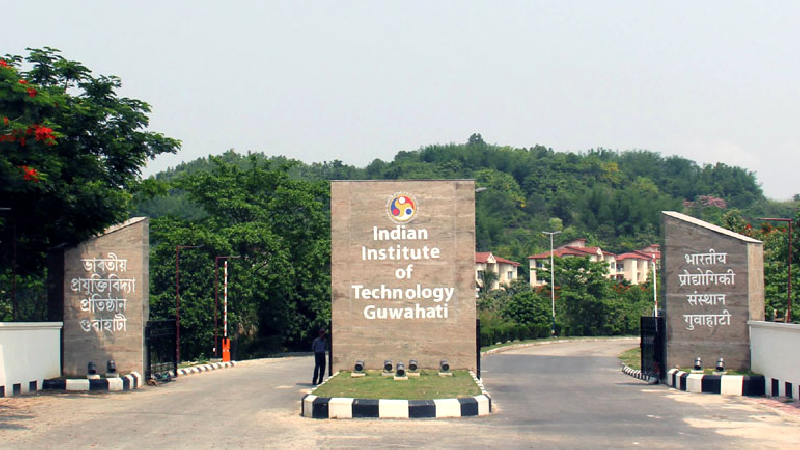

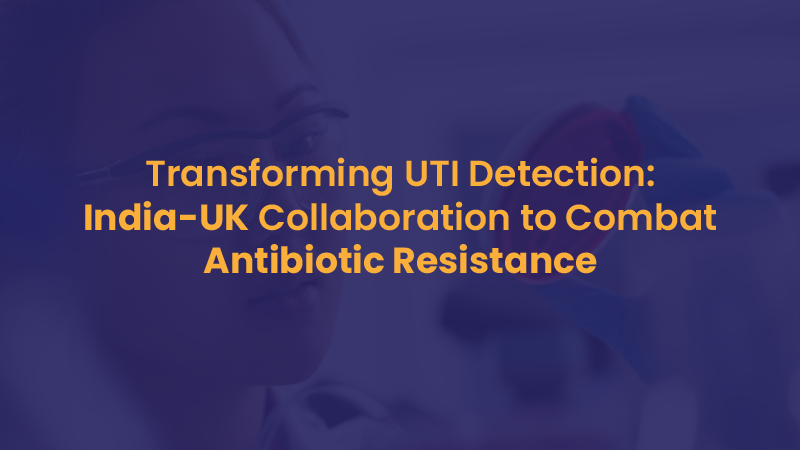


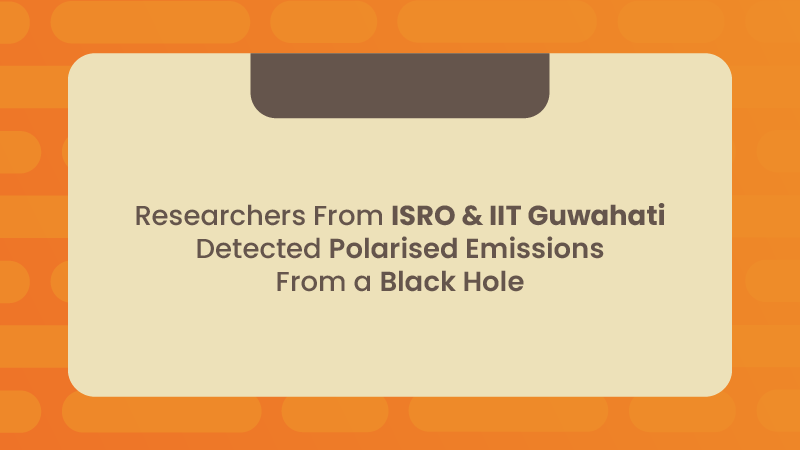
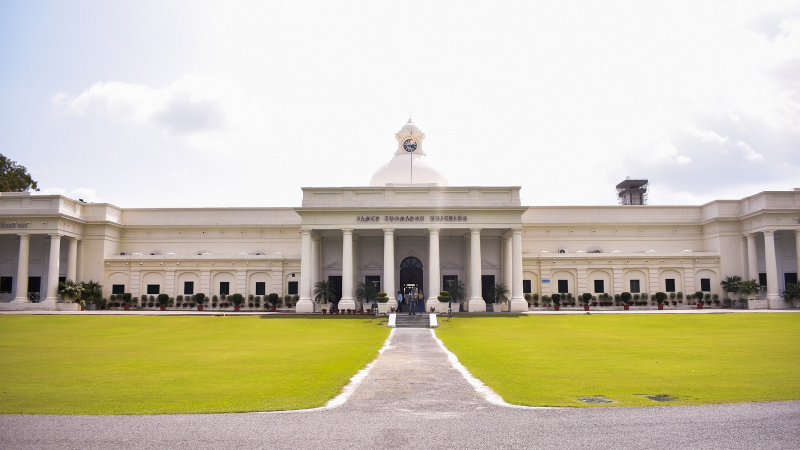
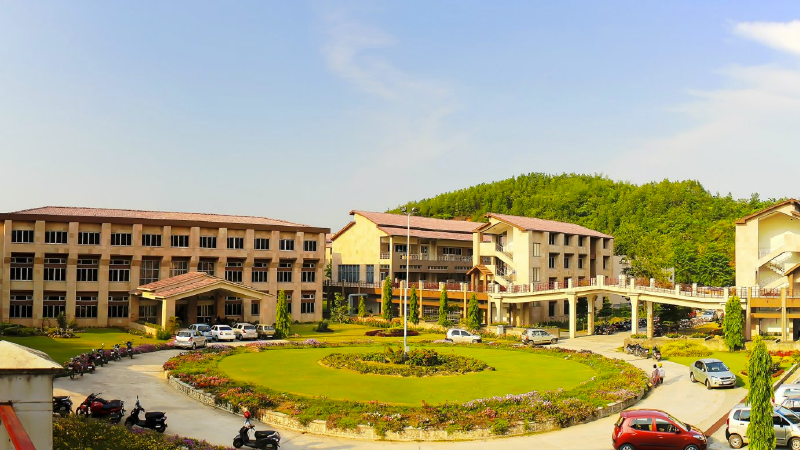
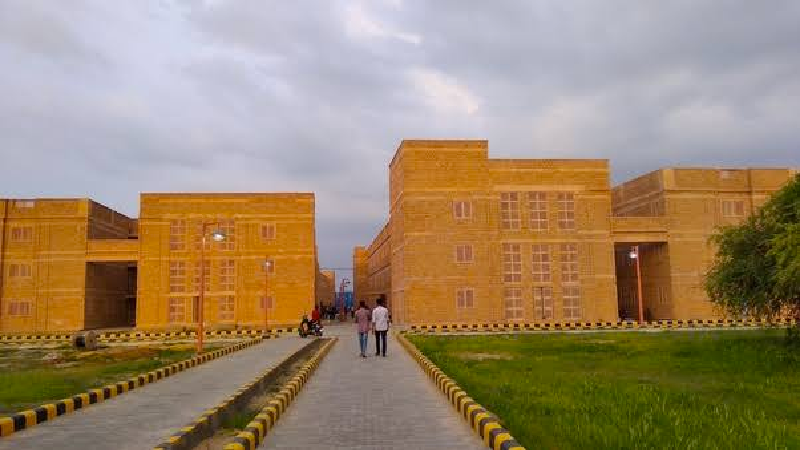

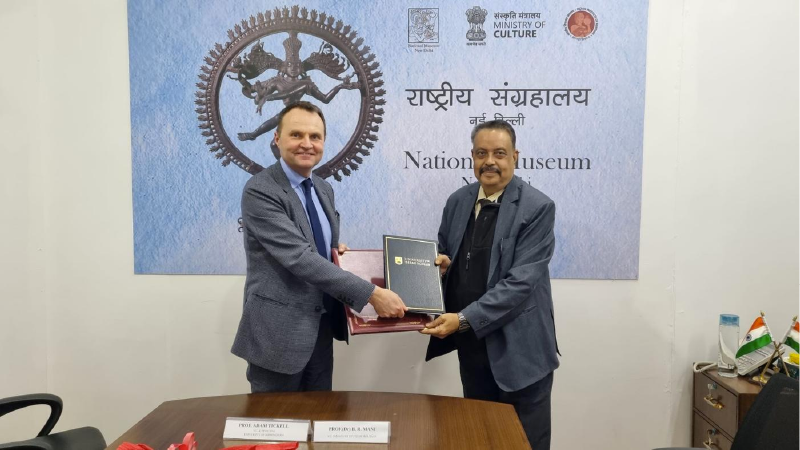
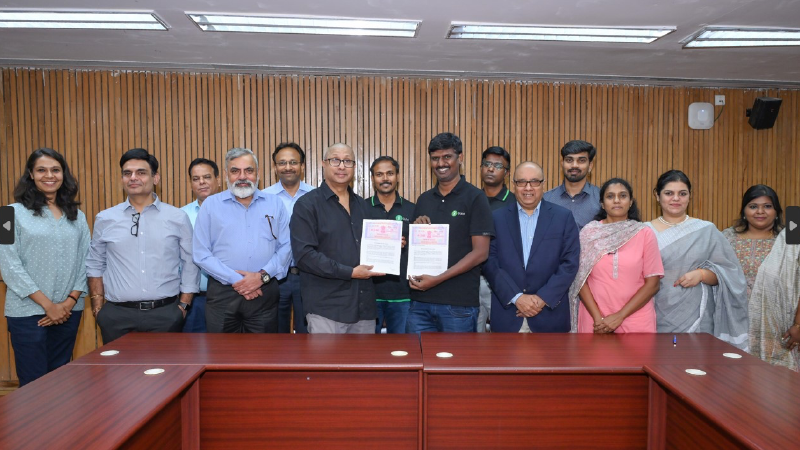
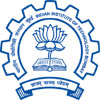

0 Comments
Post Comments